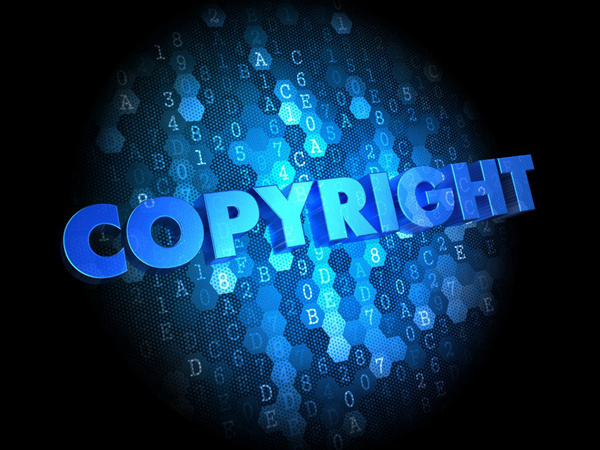While artificial intelligence technology is developing rapidly, it has also caused a large number of copyright disputes. Especially in the United States, litigation cases surrounding AI training data copyright are emerging one after another. This article will analyze a representative case - Thomson Reuters v. Ross Intelligence case, and explore its impact on future AI development and copyright protection.
In the American legal community, copyright disputes related to artificial intelligence (AI) are becoming increasingly fierce, and Thomson Reuters has recently won a preliminary victory in this copyright war. The company sued Ross Intelligence, a now-defunct legal research firm, in 2020, alleging that it used materials from Thomson Reuters' legal platform Westlaw to train its AI models without authorization.
Ross Intelligence has no right to use Thomson Reuters content on its platform, a ruling that further clarifies the U.S. copyright law, according to a ruling of 3rd US Circuit Court of Appeals. Under the following, enterprises cannot use competitors’ intellectual property rights without permission. "Any possible defense of Ross Intelligence is unfounded" and made a verdict in favor of Thomson Reuters on the issue of "fair use".

"Fair use" is a principle that allows limited use of copyrighted materials in US law and is usually used for teaching, research, or conversion of copyrighted works. However, with the rapid development of AI technology, more and more copyright disputes have emerged, involving many lawsuits from authors, visual artists and music labels, all accusing technology companies of unauthorized training of AI chatbots A large number of human-created works are used.
Thomson Reuters' victory is not an isolated case. With the continuous advancement of technology, developers have invisibly touched the bottom line of copyright law. Famous writers such as John Grisham, Jodi Picoult and Game of Thrones novelist George RR Martin also talked about OpenAI and its business partners. Microsoft filed a copyright infringement lawsuit. Meanwhile, media organizations such as the New York Times, the Chicago Tribune and Mother Jones have also litigated similar issues.
With the evolution of this copyright war, there are constant debates among all parties regarding the use of AI in the copyright field. How to balance innovation and copyright protection in the future will be a difficult problem that needs to be solved in the legal and technological circles.
Thomson Reuters' victory in the case of lawsuit provides an important reference for future AI copyright disputes, and also highlights the need to respect intellectual property rights and balance innovation and protection in the wave of AI development. How to define the scope of "rational use" of AI will be a challenge facing the law and technology fields in the future.